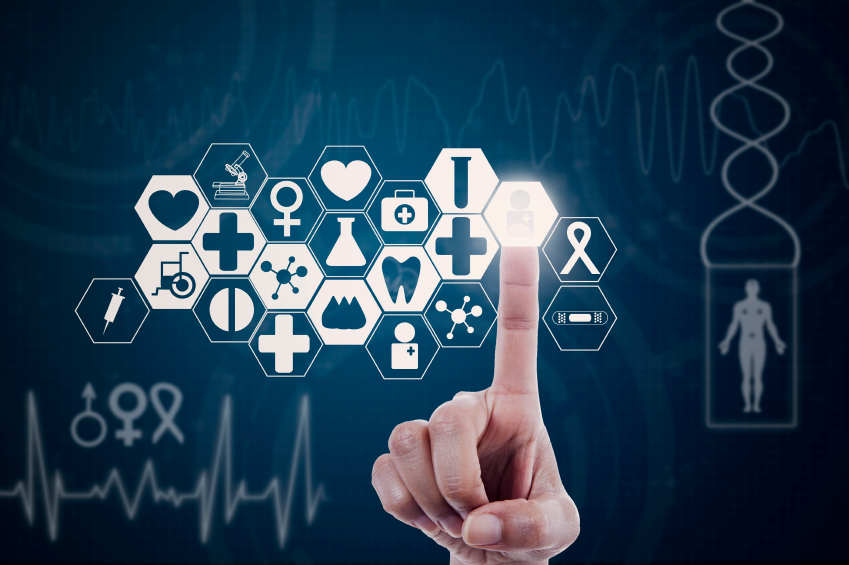Blog
Alexander Kulitski
We live in the world of information. Letters, numbers and figures are our main currency and values nowadays. Collecting and further analyzing data has become one of the most important ways of improving our lifestyle. There’s no better example of showing the vitality of storing and researching data than the healthcare industry.
Apart from making the whole medical process easier and containing fewer steps and unnecessary actions, data analytics in healthcare can help to predict large epidemics, cure fatal diseases, improve the quality of life and, on the whole, prolong our life expectancy.
The so-called big data in healthcare is described as large volumes of high velocity, complex, and variable data that require advanced techniques and technologies to enable capture, storage, distribution, management and analysis of information, with all these characteristics concerning healthcare in particular. Different analytical techniques can be applied to a huge number of different patient-related health and medical data to reach a much deeper understanding of medical research, which then can be used for further treatment. In theory, this data is expected to be used to inform doctors and their patients during the diagnostic process and help to find the most adequate treatment for a particular person.
Digitizing, combining and effectively using data in healthcare results in multiple benefits, like detecting diseases at early stages when they can still be treated or managing specific individual and population health problems more quickly and efficiently.
Lots of questions can be answered with the help of healthcare data analytics. Certain outcomes may be predicted based on previously collected data, such as:
- length of stay (LOS) in hospitals;
- patients who are likely to choose elective surgery;
- patients who are not likely to benefit from surgery;
- risks and complications;
- illness/disease progression;
- causal factors of illness/disease progression, etc.
Healthcare data could significantly help to reduce waste and inefficiency in the areas of clinical operations, research and development and public health. That’s because medical data helps to determine more clinically relevant and cost-effective ways to diagnose and treat patients. Analyzing disease patterns and tracking disease outbreaks and transmissions improves public health surveillance and response speed. It also contributes to faster development of more accurately targeted and effective vaccines.
Analyzing data in healthcare industry can also contribute to:
- Genomic analysis. With gene sequencing data analysis technologies becoming more efficient and cost effective, genomic analysis is now part of the regular medical care decision process and the growing patient medical record.
- Device/remote monitoring. Real-time capturing and analyzing large volumes of fast-moving data from hospital and home devices provides safety monitoring and adverse event prediction.
- Patient profile analytics. Applying advanced analytics to patient profiles helps to identify individuals who would benefit from proactive care or lifestyle changes, for example, patients who are at risk of developing a specific disease who would benefit from preventive care.
Healthcare data volume is expected to grow dramatically in the nearest future. Healthcare data analytics has the potential to change the way healthcare providers use sophisticated technologies to gain insight from their clinical and other data storage sources and make better-informed decisions to provide subsequent medical treatment. As healthcare data analytics become more widespread, issues such as privacy, security, standards and
